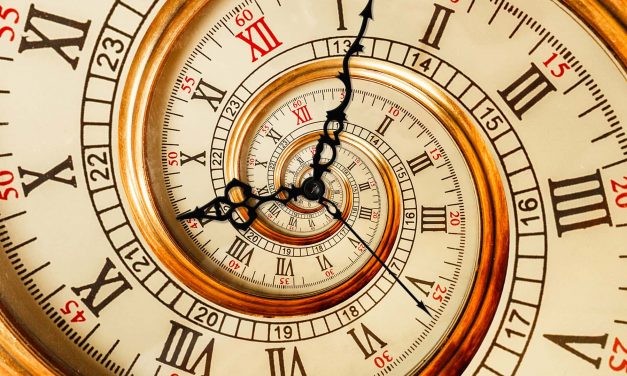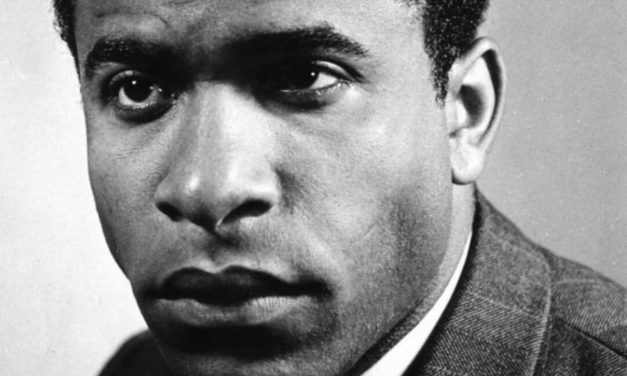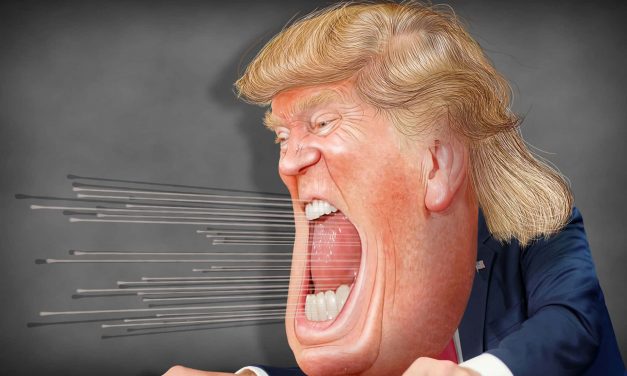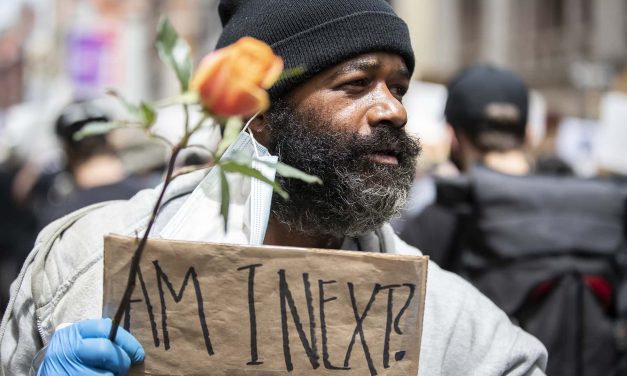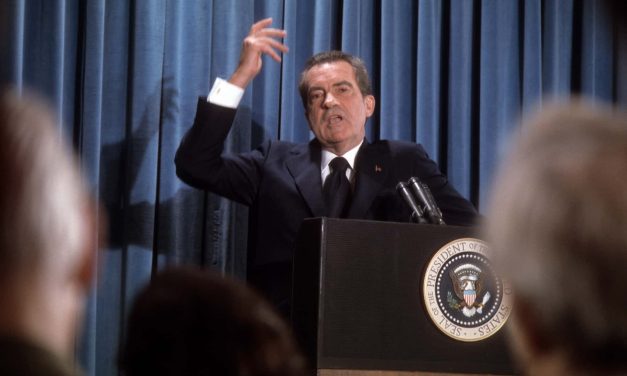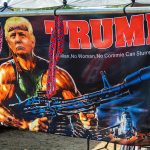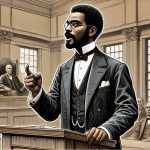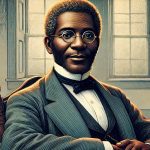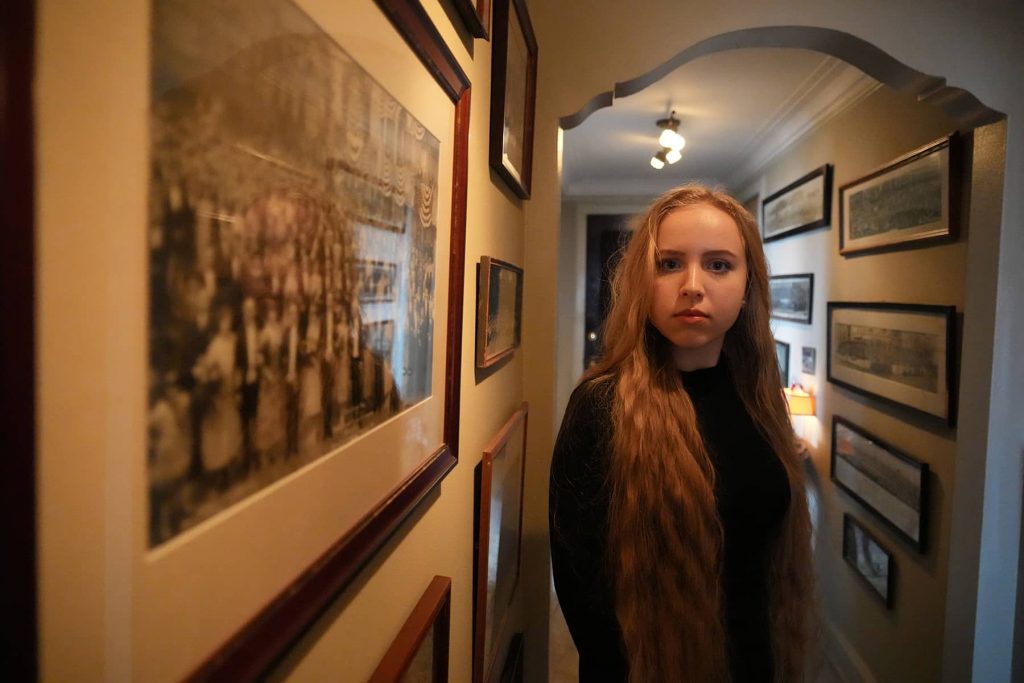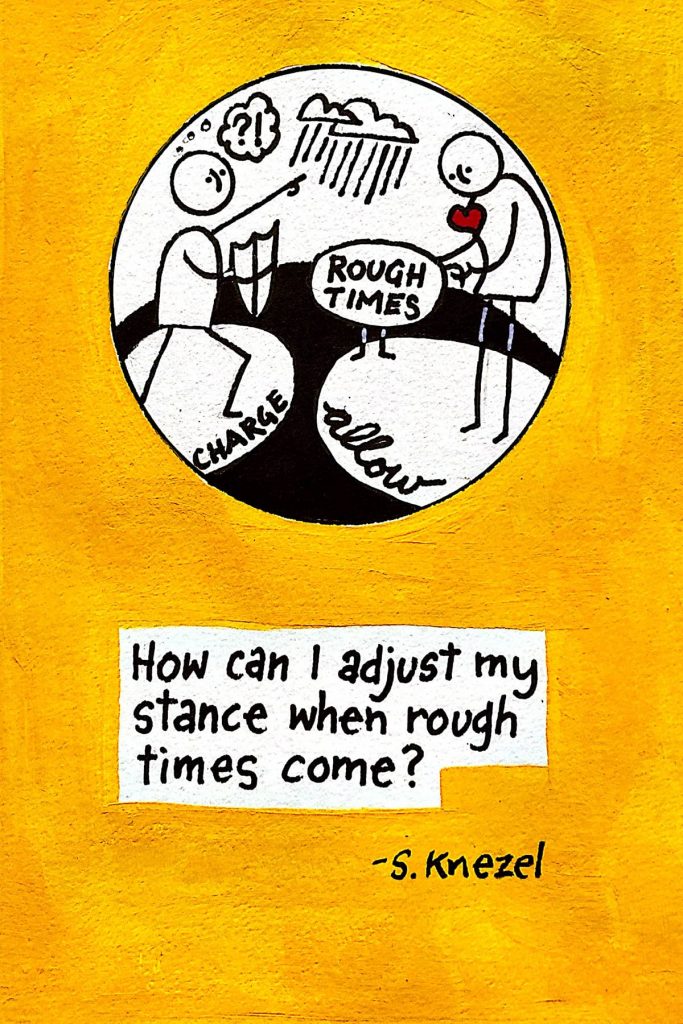Daylight Savings vs. Standard: Advocates push for a universal time but remain divided over which to adopt
By Michael S. Jaffee, Vice Chair, Department of Neurology, University of Florida For most of the United States, the clock goes back one hour on Sunday morning, November 1, the “fall back” for daylight saving time. Many of us appreciate the extra hour of sleep. But for millions, that gain will not counter the inadequate sleep they get the rest of the year. About 40% of adults – 50 to 70 million Americans – get less than the recommended minimum seven hours per night. Some researchers are concerned about how the twice-a-year switch impacts our body’s physiology. The American...
Read More
